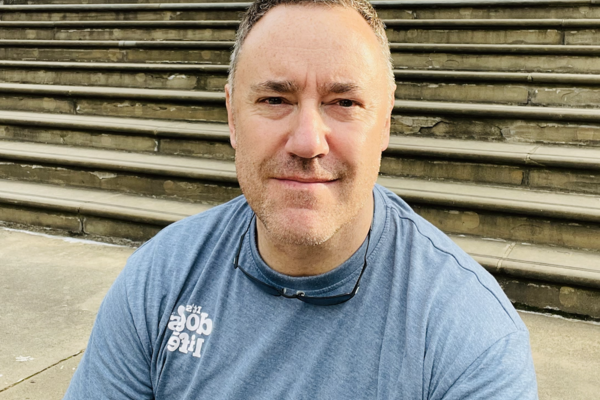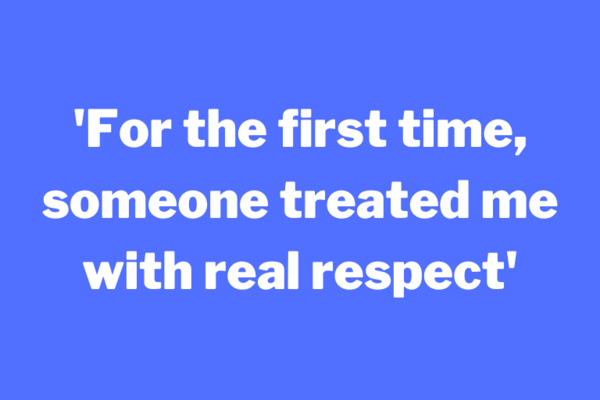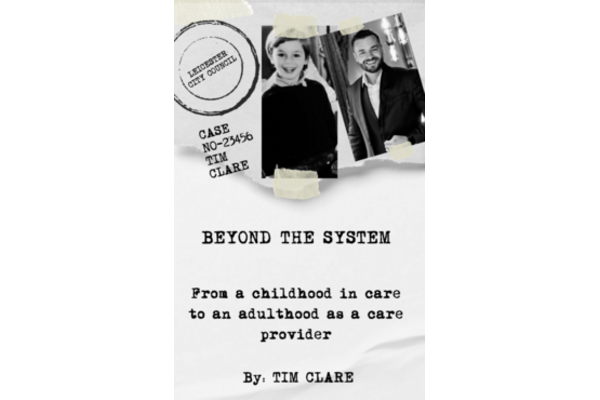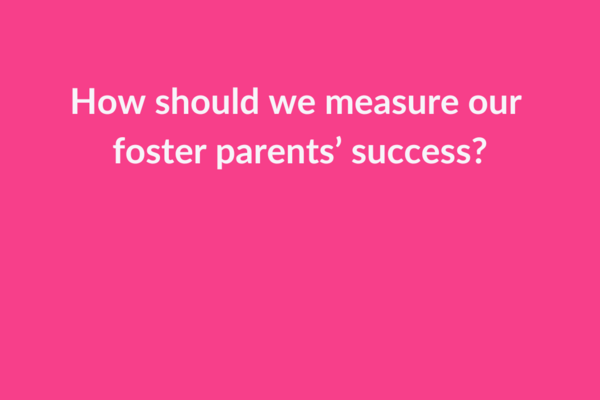The thing that punctuated my exit from the care system with terror was the arrival, right on my 18th birthday, of a poll tax bill for £800. It was a moment I’ll never forget as it ruined my birthday and filled me with fear about how on earth I would pay an amount so massive – equivalent to six months’ worth of my then weekly earnings of £37 as a part-time trolley-pusher at the local Asda – and what would happen to me if I didn’t pay up.
I had a lot on my plate at that time. Struggling with low self-esteem (and I now suspect,
undiagnosed ADHD), I was doing badly in my A level studies, having achieved only a handful of mediocre GCSE results beforehand, as well as coming to terms with being gay – something I felt horribly ashamed about – and worrying about life ahead without any kind of safety net.
I ended up leaving sixth form and taking a string of hospitality jobs for the next few years, whilst renting rooms here and there, and trying to make ends meet with no real idea about what to do. It was an anxiety-filled, mostly aimless way of living, that didn’t really resolve itself until I landed a job at the local newspaper, selling advertising
space. It was a chance encounter that sparked a career in advertising agencies, and marketing.
Looking back, I feel I did quite well, all things considered. I know many others like me,
who had grown up in care in the eighties, floundered, and statistics show many of us end up in the criminal justice system. So, I guess I was lucky. But the feeling of being well and truly on my own, out in the cold, still brings a pit to my stomach. If I were fostering, I
would not want that for a young person in my care.
Had there been a system of ‘Staying Put’ at that time, the chances are that my foster
parents would have felt more able to commit to me longer-term and spoken in terms of offering me a home to come back to in the breaks at university. But there wasn’t, so they didn’t. And so, I never thought for a moment that university was a possibility for me.
Thirty years on, for people thinking about fostering today, especially those with
long-term fostering in mind (where a child stays with you until they grow up and leave home), I would emphasise that the commitment really should be equivalent to adoption. As it turned out for me, I stayed in touch with my final foster family from then until now, and I know the bond will last for our lifetimes.
But emotional support, valuable as it is, can only get a young person so far in life. What
we really need is a secure roof over our heads and a minimum of financial security, to enable us to think about things like higher education – whether that’s a degree or an apprenticeship or anything in between. We need commitment from caregivers that doesn’t abruptly end – tantamount to parents throwing their own kids out to
fend for themselves.
On reflection, it’s not all a one-way street. Later, when my foster dad passed away
suddenly in 2002, I drove up from London, back to Nottingham, and more than carried my weight in helping with arrangements and gave a reading in tribute at his funeral. I then took the family name by deed poll in his honour. Graham was, after all, the only real father figure I ever had as a kid, and he had at least instilled in me some ambition and critical thinking skills that took me forward, eventually, in ways that I recognise shaped me as a person.
To give a young person the best chance in life means offering them the same security as you would your own children, if you have them. It’s a relationship that goes well beyond the bounds of social services budgets and deadline dates.
Sean is now seeking his next role recruiting foster carers and is happy to send his CV on request [email protected]









